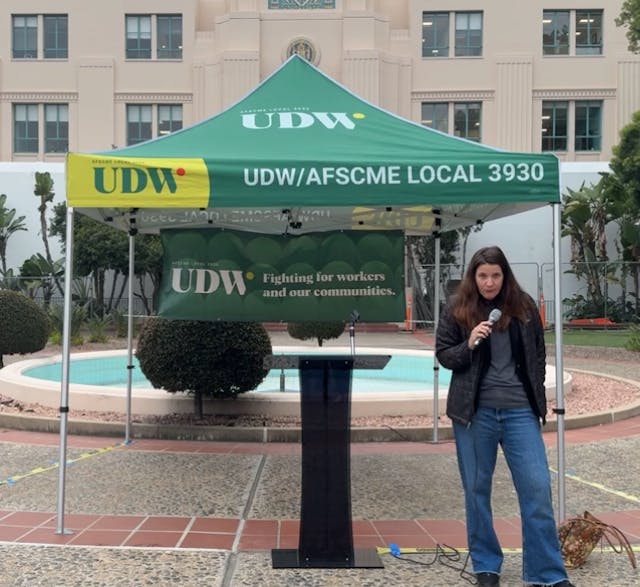U.S. Response to Venezuela Is Biased
Commentary:
Miguel Tinker Salas
The U.S. reaction to events in Venezuela has been highly partisan.
The government of President Nicolas Maduro is depicted as losing popular support and purportedly relying on repression to stay in power. Meanwhile, in Mexico, where, according to a recent study, 13 Mexicans disappear every day, and President Enrique Pena Nieto’s administration has violently repressed public protests, Washington and the U.S. media have remained largely silent.
The recent killing of a student in Venezuela, for which a policeman has been arrested by authorities, drew an immediate response from the State Department and criticism from Secretary of State John Kerry. Later that week, however, the murder of a teacher by government forces in Acapulco, Mexico, during a protest by educators received virtually no attention.
During protests in March of last year in Venezuela, when 43 people were killed on both sides of the political spectrum, including police officers and military personnel, the United States asked the Organization of American States for an investigation and Hollywood movie stars condemned the government for allegedly violating humans rights. In Mexico, where the government is responsible for the forced disappearance of 43 students in the state of Guerrero, Washington has remained largely silent. Except for the statement of director Alejandro Gonzalez Inarritu (who is actually Mexican) at the Oscars, U.S. artists have yet to express their concerns over events in that nation.
Since Hugo Chavez was first elected in 1998, the American media has continually depicted Venezuela as a country in crisis, or worse, an authoritarian government moving toward a dictatorship. In contrast, Mexico, where elections are often fraudulent and which faces a real humanitarian crisis, gets a free pass from Washington and the mainstream media, with the blame for the violence being typically placed on the drug cartels.
Most U.S. reporting seldom acknowledges the fundamental political and social changes that have occurred in Venezuela in the past sixteen years or the empowerment of millions of people. This political reality continues to provide the current government an important base of support.
Instead, the U.S. coverage of Venezuela typically focuses on the lack of toilet paper and condoms as a way to ridicule the country and mock its political leaders. In Mexico, where a large portion of the population lives in poverty, and millions of poor and rural people lack access to food or basic services, such deplorable conditions go unnoticed.
And despite a history of coups and efforts at destabilization supported by the United States in Venezuela, the U.S. media insists that the Maduro government is paranoid and sees conspiracies where they don’t exist.
The contrasting coverage of problems in Venezuela and Mexico tells us less about these two countries and more about the biases of the U.S. government and major media in this country.
Miguel Tinker Salas is a professor of history and Latin American studies at Pomona College in Claremont, Calif., and the author and editor of a number of books on Latin America. He can be reached at pmproj@progressive.org.



 Arturo Castañares
Arturo Castañares


